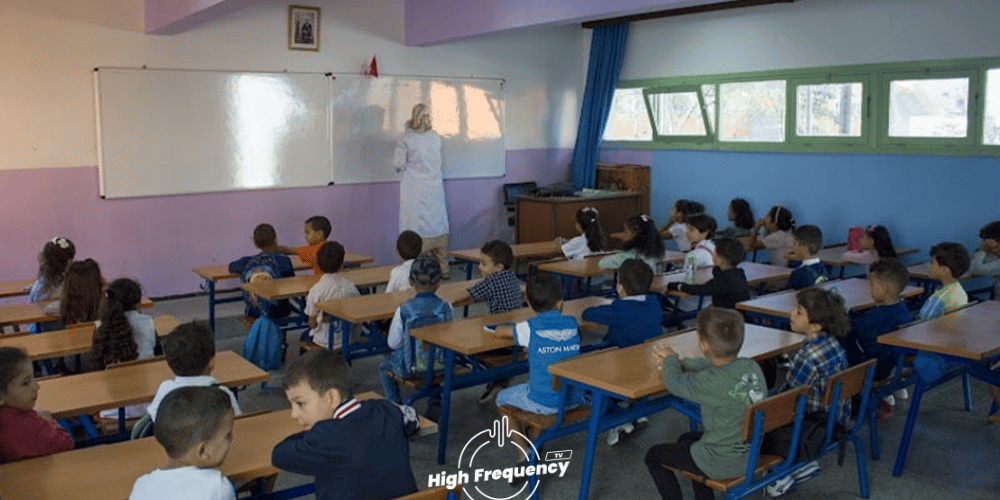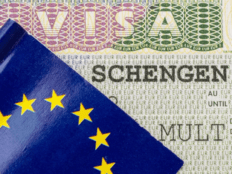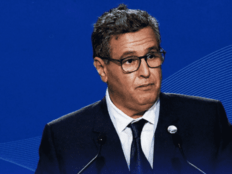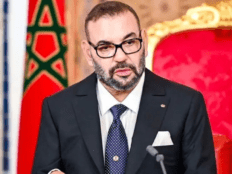Only a quarter of Moroccans are satisfied with the education system, a decrease from 43% in 2016, according to a recent survey conducted by the Arab Barometer network. The survey highlighted mixed satisfaction levels with public services in Morocco.
The survey, which included a sample of 2,411 citizens from across the country, found that nearly a third (35%) of Moroccans are satisfied with healthcare, a figure that has almost doubled since 2018 (18%).
However, there is a significant disparity between the rich and the poor, with 44% of the wealthiest Moroccans reporting satisfaction with healthcare compared to only 26% of the poorest.
The survey also addressed the issue of corruption, describing it as a concerning problem for the vast majority of citizens in the region, not just in Morocco.
The report noted that three-quarters (74%) of Moroccans believe that corruption is widespread in state institutions to a large or moderate extent.
This figure has remained stable since the fourth round of the Arab Barometer in 2016 but is more prevalent among those with lower socioeconomic status.
The report further noted that 86% of those struggling to make ends meet believe that corruption is widespread in state institutions, while only about 6 out of 10 (59%) of the wealthiest Moroccans say the same.
Similarly, the less educated are 11 percentage points more likely than the highly educated to consider corruption as widespread (77% vs. 66%).
“Seven out of ten people (69%) believe that corruption is widespread at the local level, while 4 out of 10 people (42%) believe it is widespread at the regional level,” the survey added.
“The least prosperous are 29 percentage points more likely to hold this view at the local level: 82% vs. 53% and 25 points at the regional level (56% vs. 31%).”
Fieldwork revealed that less than half (47%) are convinced that the government is fighting corruption. Although the figures have not significantly changed since the last round, this level is 11 percentage points higher than the 36% recorded in the fifth round in 2018.
“Wealthier Moroccans are 28 percentage points more likely than the poorest to say that the government is fighting corruption (63% vs. 35%),” the survey revealed.
With corruption perceived as widespread at all levels according to the survey, it is not surprising that Moroccans, like their counterparts in other countries in the region, are sometimes forced to resort to mediation and bribery.
Two-thirds say they use mediation (65%) or bribery (66%) to get a job, while a slightly lower percentage say they use mediation (63%) or bribery (62%) to obtain official documents from government agencies.
Regarding freedom of expression, the majority of Moroccans (58%) say that the freedom to express their opinions is guaranteed to a large or moderate extent, the same figure as in 2022 (60%) and 10 points higher than in 2018 (48%).
Seven out of ten people (71%) say that press freedom is guaranteed, representing an increase of 12 percentage points compared to 2022 (59%).
More than half (57%) also believe that the freedom of assembly and protest is guaranteed to a large or moderate extent, which is an increase of 12 percentage points from the 2022 figure (45%).
When it comes to the internet, Moroccans are concerned about the restriction of freedom of expression, particularly regarding government surveillance (54%) and foreign surveillance (51%), as well as social media platforms (53%).
HESPRESS ENGLISH




Add comment